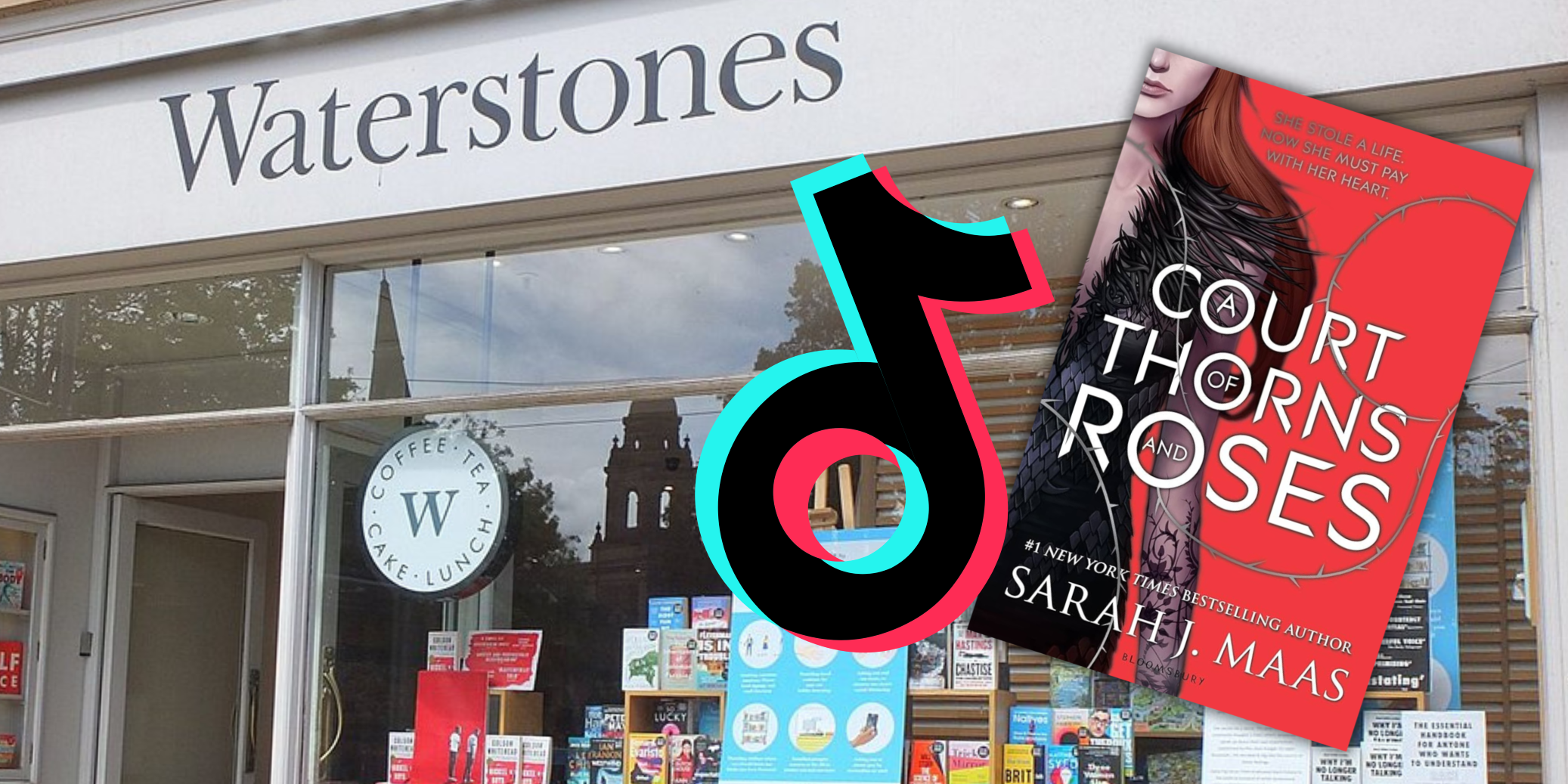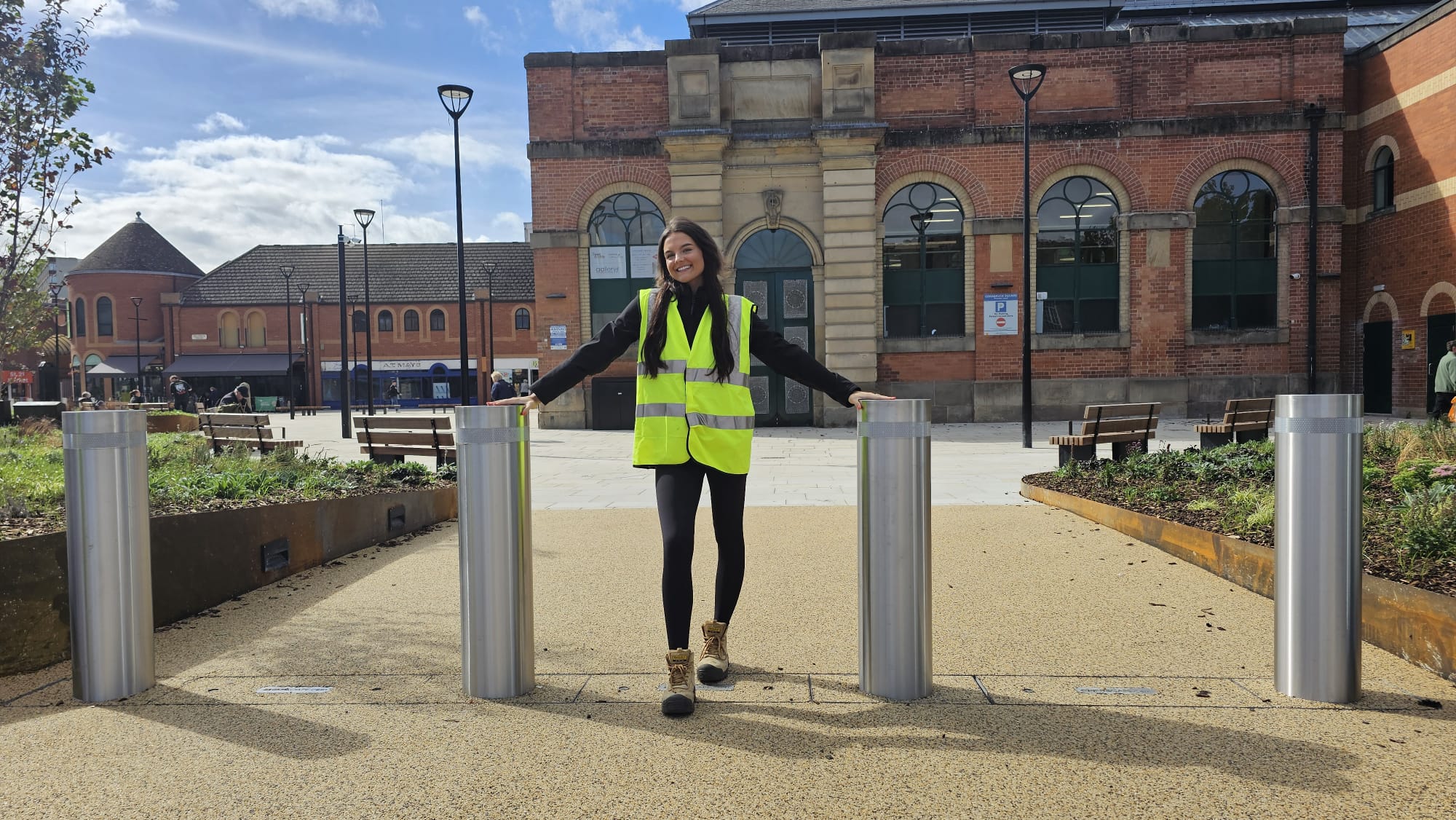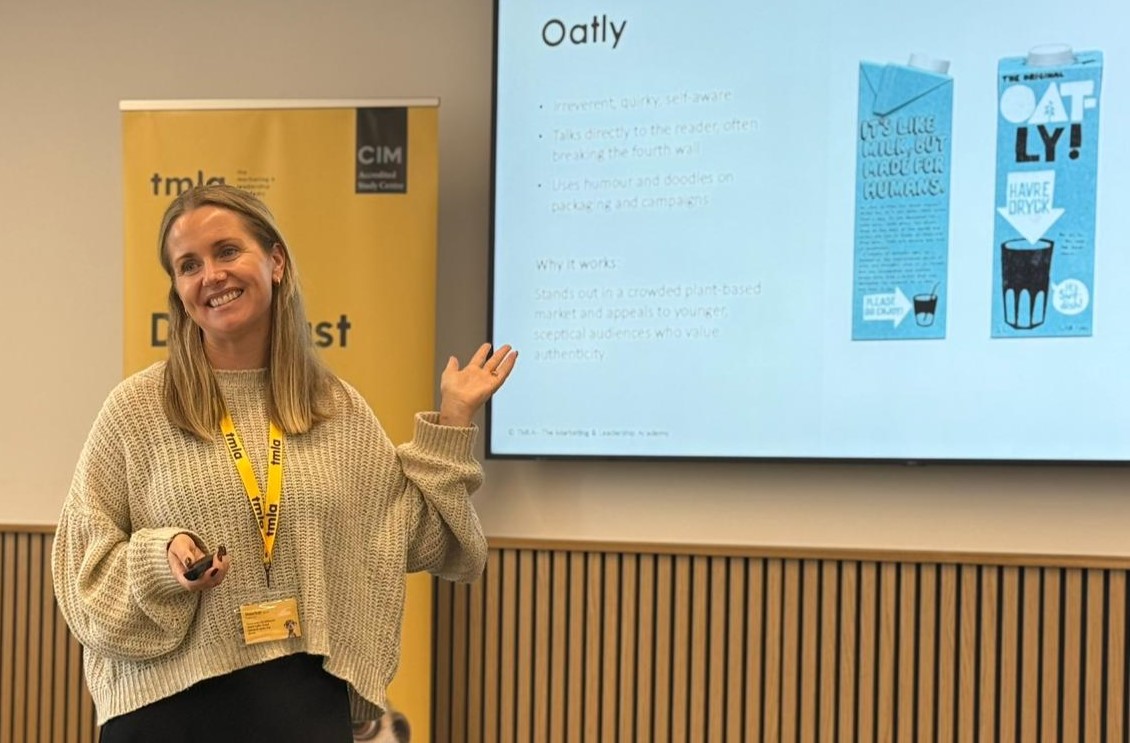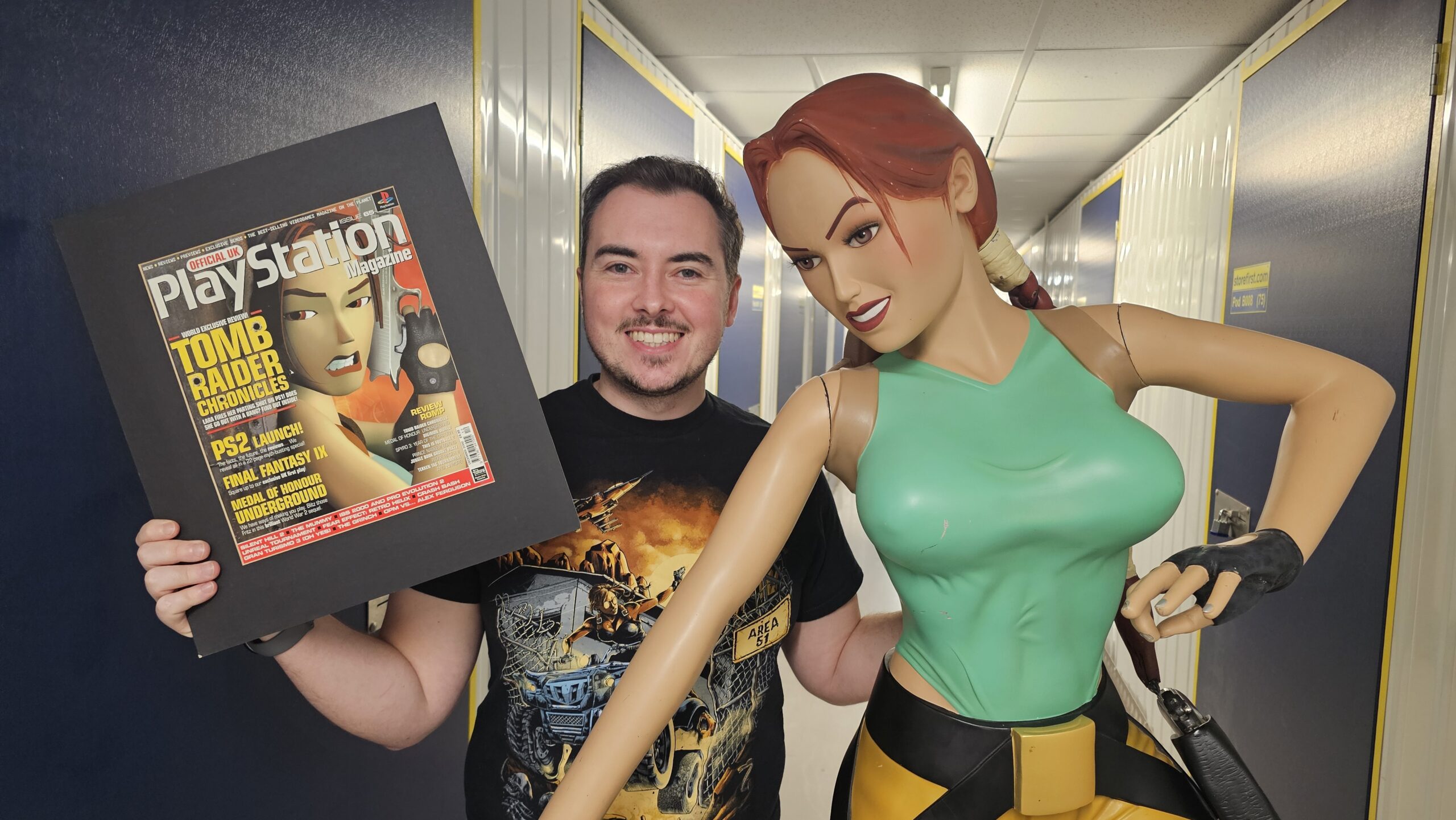What hurts more, writes Lucy Stephens – criticism from someone you know or someone you don’t?
It’s a tricky question, isn’t it?
Let’s say someone wants to tell you you’re immoral, lazy, dishonest, spiteful, rude, don’t tip enough in restaurants, have bad hair or whatever.
You’d obviously be pretty upset if it was your best friend who said all this to your face.
But how would you feel if it someone you’ve never met who doesn’t even bother to tell you their name?

No, they’re not going to do you even that courtesy. They’re just going to troll you anonymously on a public site for all to see.
Would that hurt more? Is it better to feel betrayed by someone you trusted – but with whom you could at least try to continue a relationship? If the comments were anonymous, would you feel there was a whole dark tide of people out there, shadows lurking round corners, who all think the same way? Who hate you? What if other people joined in?
It’s a question I’ve been mulling over recently, when reading the vicious nature of some anonymous comments peppering news sites.
Typically, these comments will be written under a pseudonym, perhaps from a writer posing as a cat. Or they might style themselves ‘debaterhater’, which should give an indication of the kind of comment you can expect from them.
The news site may argue that getting people to set up accounts and allowing pseudonyms before commenting (looking at you #mickeymouse) at least means that as publishers they know the identity of people who are commenting on their stories, since they have their email address.
But that’s not really the point.
Those who are the victims of brutal comments being made, in public, about them, don’t know the identity of those directing abuse in their direction.
Democracy and free speech
Coming from a newspaper background myself, I understand the justification behind anonymous commentary when it comes to the news. (Social media is another question again).
As far as journalism is concerned, allowing anonymity has long been permissible through the argument that free speech and democracy must allow for an individual to challenge the status quo.
This is the public interest argument that is central to the fundamentals of journalism.
Traditionally, a lot of the very best, strongest news reports have been extremely controversial. They have made a lot of people very upset, even leading to court cases sometimes.
But the right to report on such stories has been upheld through the fact they are deemed in the public interest. As citizens of the UK, we should be told matters which concern how our taxes are being spent. We have a right to be told if public money is being wasted, if NHS waiting times are getting too long, if local people can’t get access to healthcare, or if a huge nuclear power station is going to be built in the next door field.
In those situations, I can see the justification behind anonymous comments. People may feel they have an important point to make without feeling they are prepared to be accosted about it in the street. They don’t want to get into an argument, but do feel they have a valid point and want to be heard. I get that.
It’s getting personal
The problem I have with anonymous comments is that – perhaps like all news – it’s getting much too personal.
Too often a particular person is being targeted with comments from people hiding behind anonymity.
These commentators seem to feel justified in offloading their entire view of an institution, or political system, on the back of a person who features prominently in a human interest news story – whose story may only be tangentially linked to the comments made, if at all. I’ve also noticed how anonymous commentary can quickly veer into wild speculation about a person’s motivation for acting the way they have.
Reading through comments on stories feels less like reasoned debate and more like basic mudslinging from people who come across as though they have a personal axe to grind.
Some of it is extremely hurtful and I fear for the mental health of those being commented on. How is it fair the subject of a story can be named but those criticising are not?
It might please a publisher examining engagement figures to see that a story has attracted lots of comments. But frankly, when a lot of those comments are unfair and unkind, I fail to see how that’s positive. Sometimes comments may be plentiful but only made by a few people getting steadily riled up by each other. Honestly, the commentators are engaging more with each other than by the actual story.
Plus, we all know we’re all more likely to write a comment about a story if it makes us angry. It’s much rarer that someone will bother to put fingers to keyboard if a news piece invokes a general feeling of contentment verging on neutrality. So that too makes commenting already skewed towards anger and hate.
Back to basics
So what’s to be done about it? Should news sites make it so easy for people to hide behind a pseudonym? I know that editors can and do provide a regulatory service and will take down defamatory comments or those which break the law.
And that’s great, but there’s only so much editors can do and when a button is clicked and a comment is made, it’s out there and can be read until such time as it’s taken down.
My heart breaks sometimes when I see the nature of some of the things people seem to find it so easy to say when no-one knows who they are.
I can see that you might not want to ban anonymous comments completely for the reasons listed above. But I believe we should make it harder for people to be able to offer anonymous commentary, particularly on human interest stories.
Perhaps before commenting a mechanism could be set up such that someone has to log into a more complex type of account each time they let their fingers fly over those keys.
Could any house rules prohibiting personal attacks be made more prominent? A question posed before you comment along the lines of: ‘Before you comment, take a moment: is what you are about to say useful and constructive’?’
It would at least create some time and space and the opportunity to stop and reflect.
When it comes to the feelings of a potential victim, that could make a big difference.
Need help getting your business in the media? To book a free 15-minute strategy call, get in touch.










